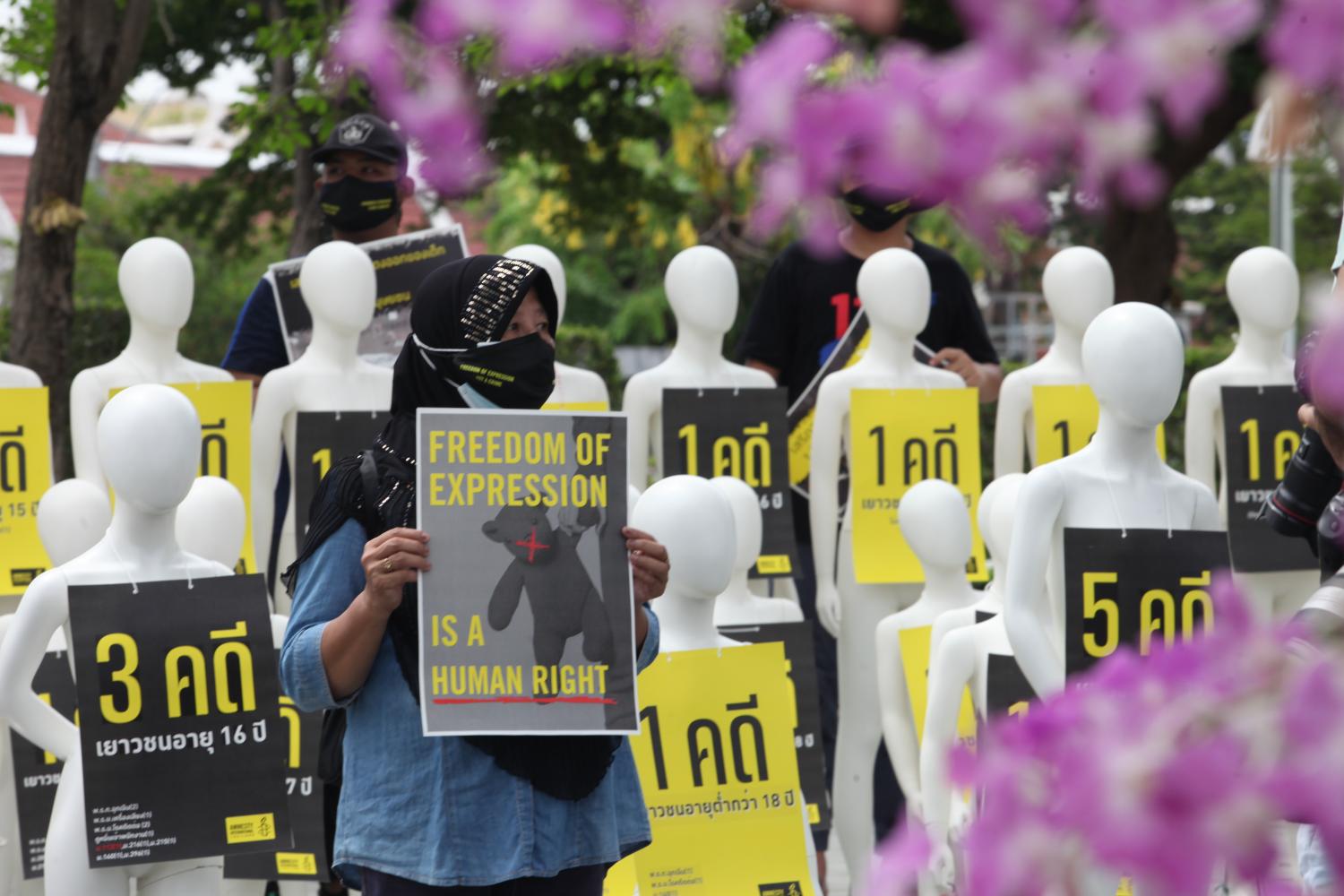
Fake news is the virus of the internet. It grabs your attention and you tend to share it among your circle of friends, and some of your friends will do the same. Before long, it goes viral.
Depending on the nature of the fake news, the extent of damage that it causes ranges from being simply annoying, to being menacing, to being harmful to body and mind.
In this sense, legal measures are necessary to prevent the harm done by the spread of fake news. In a democratic society, it is entirely acceptable for the state to impose certain restrictions on the manner in which news is communicated even though the action could be construed as being an infringement on people's freedom of expression. After all, it is well understood that any right must come with responsibility.
However, in a society under authoritarian rule, similar action tends to have an insidious effect; it is more likely that the rights infringement is aimed at silencing critics of the ruling regime.
Since democracy was banished from Thailand following the 2014 military coup d'etat, a number of laws have been enacted purportedly to protect the Thai people against the harmful effects of computer crimes. But it is crystal clear that the real purpose of these laws is to suppress the voice of the people.
Authoritarians tend to go to great lengths to ensure their stay in power through silencing dissent.
People have been harassed, or even put in jail. In extreme cases, some dissidents such as political activist Wanchalearm Satsaksit, disappeared a year ago while living in exile in Cambodia, while well-known activist Surachai Danwattananusorn and two other dissidents vanished while hiding in Laos in 2018.
After the coup of 2006, the government under Gen Surayud Chulanont, now president of the Privy Council, gave birth to legislation on computer crime to rein in the wild world of the internet for the first time.
The legislation, known as the Computer Crime Act 2017, was supposedly enacted to prevent computer hacking, data theft, or spam or false data. However, Articles 14(1) and (2) of the law provided grounds for the government to prosecute anything they designate as "false" and, in the case of Article 14(1), "distorted" information, terms which are open to abuse of power.
The law would later be used in the arsenal of the authoritarian regime that came to power after the 2014 coup against opponents who posted critical comments targeting the regime.
After installing themselves in power, the coup makers wasted no time in producing more oppressive laws that were subsequently used to contain free speech, including the Public Assembly Act of 2015 and the Cybersecurity Act of 2019.
The Public Assembly Act imposes severe restrictions on political assembly, leading to the subsequent arrests of a number of protesters.
The Cybersecurity Act is supposed to prevent harm to the computer infrastructure and network, but a section dealing with "critical cyber threats" allows for broad interpretation of offences threatening "public peace" and "national security" as well as posing a "terrorism" threat.
Let's also not forget the sedition and lese majeste charges, which have been used to cast a wide net over actions deemed to be offensive.
And the Emergency Decree, which has been in force for the past year, makes sure that any attempt to express contrary opinions can be quashed with impunity.
All these laws have done quite a remarkable job of suppressing free speech. Those who insisted on speaking their minds against the current rulers have been severely dealt with. Those who were put in jail were allowed back to their families only after they agreed to seal their lips.
But anti-government dissidents are not the only victims. The media -- broadcast, digital and print -- have felt compelled to screen their offerings very carefully, which in many cases leads to self-censorship.
In spite of all this, the ruling regime has yet to be able to penetrate various social media platforms where public discourse is more or less freely conducted -- to the chagrin of the anti-democracy camp.
This state of freedom cannot be allowed to persist. So, to plug the gap, the regime recently asked the Council of State to study relevant legal measures with an eye toward controlling digital content in social media.
A government spokesman justified the move by saying enforcement of the existing laws takes too long and could not keep up with public damage caused by rogue acts on social media which impact a great number of people.
With its success in gagging free speech thus far, why does the regime feel it needs to resort to more oppressive measures?
Is it fake news they really want to eliminate? (Remember, fake news comes from both sides.) Or is it the truth that they are afraid of?
